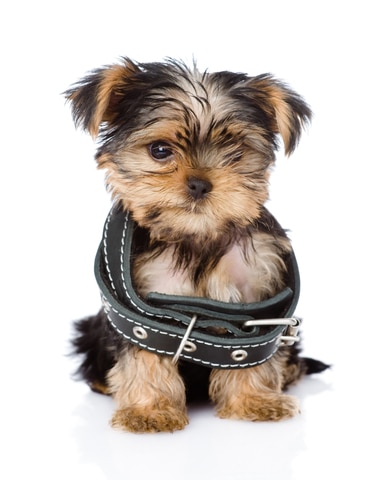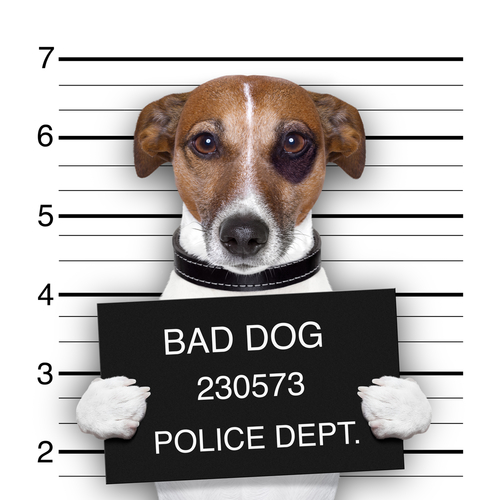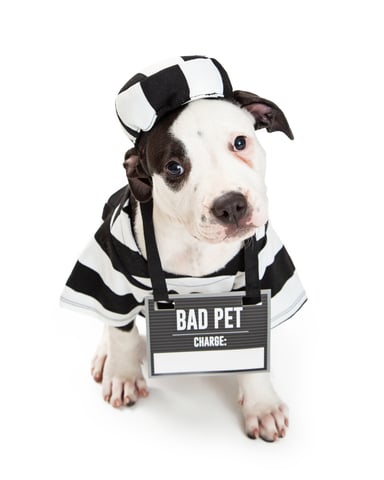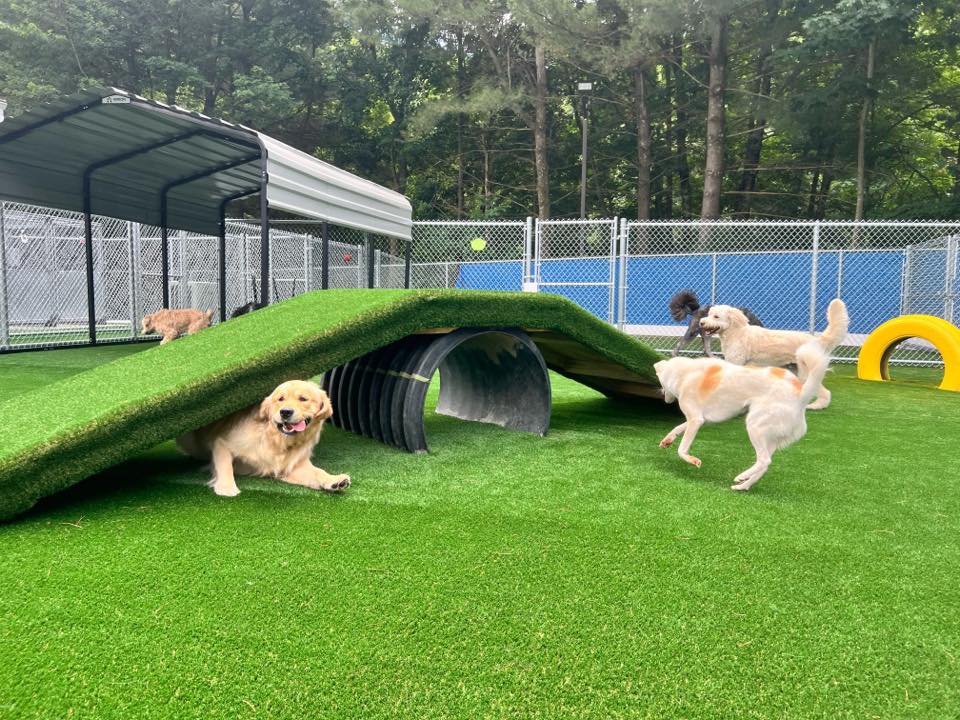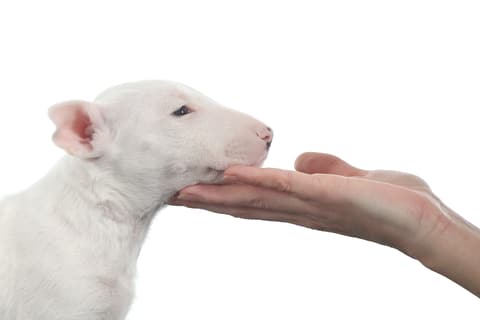It's important for a puppy to learn to be alone
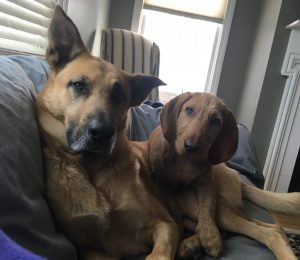
Last fall, when I decided to introduce a puppy into my home, I had to carefully consider Larry, my seven-year-old Chinook. Larry was raised with Kochi, my Shiba Inu mix who was nine years old when Larry joined our family. Kochi wasn’t fond of other dog bothering him, but he loved puppies, and tolerated Larry’s puppy impertinence. For over six years, Larry had Kochi’s companionship until Kochi passed away in February, at the age of almost 17.
Having been raised with another dog, and having had the opportunity to go to our Puppy Place daycare, Larry is quite friendly to other dogs – actually, he is often too friendly. He doesn’t always recognize another dog’s body language, which means he may approach a dog that is clearly telling him he doesn’t want to meet, and Larry simply doesn’t get it. This means that sometimes I have to protect Larry from himself by calling him away from another dog we may see on a walk.
When I decided to get a new puppy, people asked how I thought Larry would react, and how I planned to introduce him to Brio, my Basset Fauve de Bretagne puppy. I knew Larry would be fine with Brio, except that his 75-pound natural exuberance might be dangerous to a small ten-pound puppy.
A friend helped me introduce them, keeping Larry on leash just in case he overpowered the puppy. But from the very first, Larry loved his new “brother.” Having spent his short life with littermates and mom, Brio was, of course, happy to have another dog to play with, chew on, chase and sleep next to.
While I love the relationship my two dogs share, it is very important for dogs to learn to be alone. When dogs are raised together, and don’t have an opportunity to be without the other dog, problems can arise in future situations. For example, if one dog has to stay overnight at a veterinarian’s, both dogs will be highly stressed—the dog that is ill and alone, and the dog that is at home, and is also alone. In a worst case scenario, if one dog dies, the other dog often goes into a severe depression. I’ve consulted with owners whose dog is so depressed that he won’t eat because he’s never eaten alone, without his sibling eating next to him.
Larry had Kochi for companionship for the first six years of his life, but he also had a lot of individual experiences acclimating him to being alone. I took Larry to training classes (manners, agility and scent work), we went for walks and I made sure there were other times when I took the opportunity to give Larry individual time and attention. The dogs ate in different locations, as much to protect the slower eater from the faster one, as well to give them the opportunity to eat alone.
I’m making sure that Brio is also learning to be without Larry. Brio has come to work with me with out Larry, is attending the Puppy Place daycare, and we’re taking classes together.
When Brio was younger than 4 months, I took him for walks by himself, leaving Larry home. I want Brio to learn to follow me, rather than Larry. I made sure to play Hide & Seek (the Hiding Game I recently wrote about) to teach Brio to watch where I’m heading and stick with me. If Larry had been with us, Brio would have followed Larry, likely paying no attention to me. Larry runs fast, and I can let him out of my sight, since I know he’ll come when I call him. Brio’s much shorter legs likely means he can’t keep up with Larry, plus isn’t that well-trained yet to come when called. Also, Brio is a hound, which means he may get onto the scent of something so his nose will take precedence over his hearing so he won’t even hear me calling him.
I love the relationship my dogs have with each other. But I also love that I have a wonderful relationship with each of them individually, without each other. That’s the best of all worlds.

